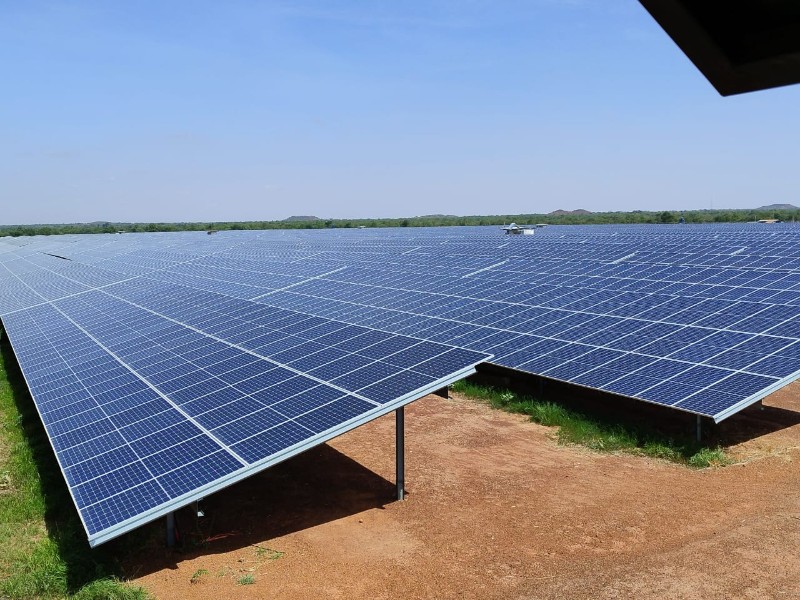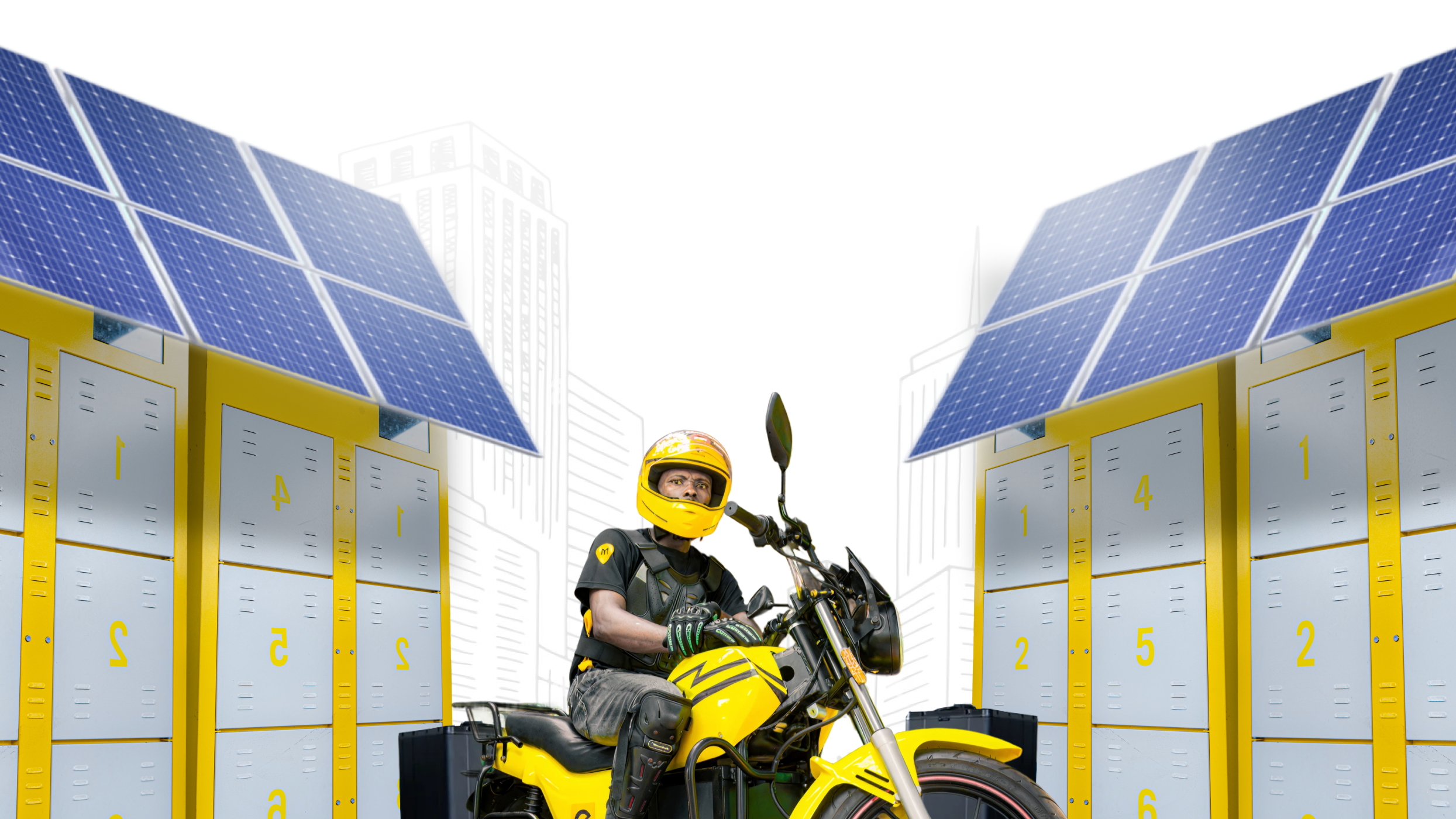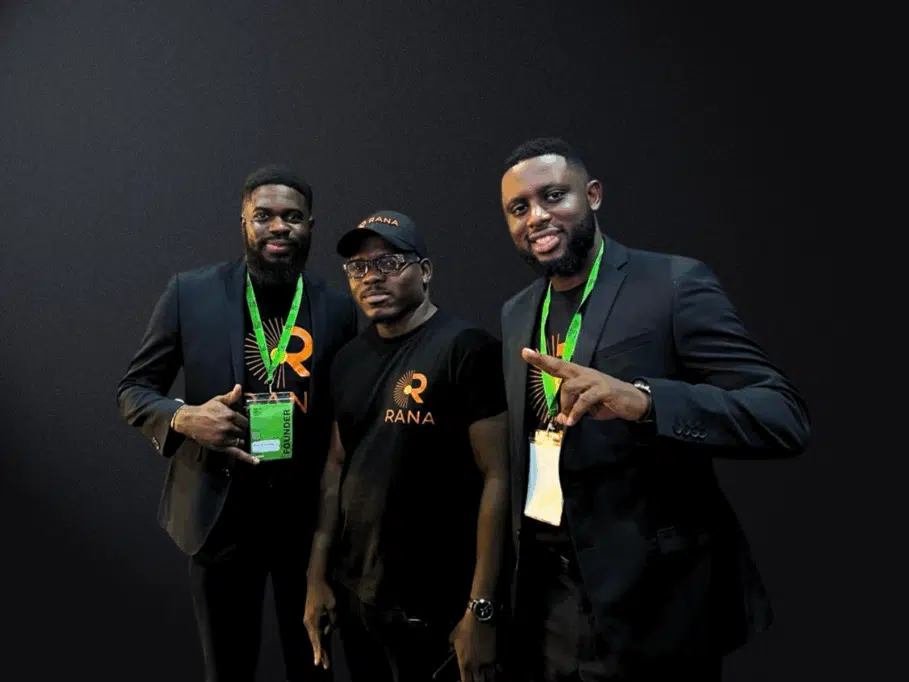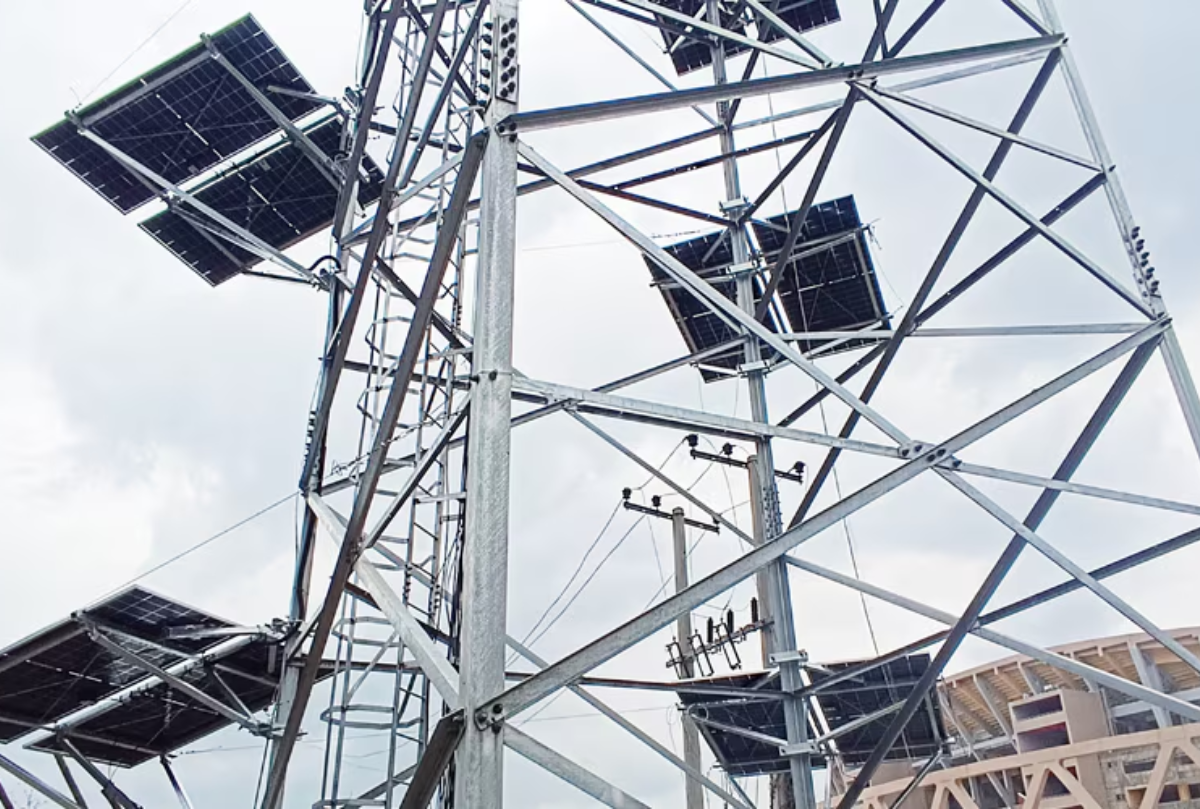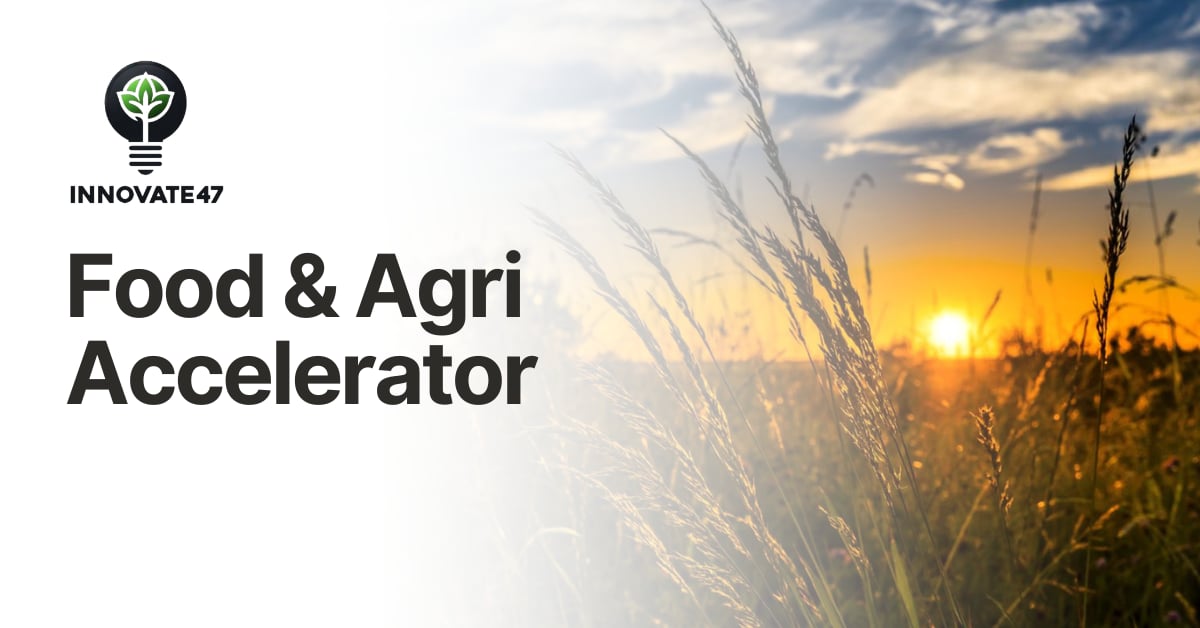As Africa accelerates its shift to clean energy, FMO is stepping up with an €11.2 million investment in Burkina Faso’s Dédougou Solaire project, advancing sustainable power in one of the continent’s most energy-challenged regions.
This investment, drawn from FMO’s Building Prospects Fund, is set to transform the nation’s energy sector by funding an 18-megawatt peak (MWp) solar photovoltaic plant in Souri, near Dédougou.
By catalysing an additional €6 million from the African Development Bank’s Sustainable Energy Fund for Africa (SEFA), this €17.2 million debt package emphasises the power of blended finance in driving sustainable development.
Why This Matters: A Solar-Powered Leap for Burkina Faso
Burkina Faso faces one of the lowest electrification rates in West Africa, with many households and businesses relying on costly thermal power or imported electricity.
The Dédougou Solaire project, with a total cost of €20.7 million, aims to change that by delivering clean, affordable energy. Here’s why this is a game-changer:
- Energy Access: The 18 MWp solar plant will provide reliable electricity to underserved regions, boosting economic opportunities and improving quality of life.
- Cost Reduction: By replacing expensive thermal generation, the project will lower electricity costs for consumers.
- Sustainability: Aligned with Burkina Faso’s national energy strategy and the AfDB’s Desert-to-Power initiative, it supports a shift toward a greener, diversified energy mix.
This project isn’t just about power; it’s about empowering communities and promoting sustainable growth in one of Africa’s most energy-challenged nations.
The Players Behind the Project
The Dédougou Solaire project is a collaborative effort driven by a special purpose vehicle (SPV), Dédougou Solaire SARL, owned by:
- MIHIA Holding (70%): A joint venture between Qair International (51%), a global renewable energy leader, and STOA (49%), a French investment fund focused on emerging market infrastructure.
- Syscom Network SA (30%): A local partner ensuring the project aligns with Burkina Faso’s needs.
READ ALSO:
The Main Objective Of The Burkina Faso $145M Water Mega-Project
FMO’s €11.2 million loan, combined with SEFA’s €6 million concessional financing (€2.5 million senior loan and €3.5 million reimbursable grant), showcases a blended finance model that mitigates risks and attracts private investment.
The project operates under a 25-year Power Purchase Agreement with SONABEL, Burkina Faso’s national utility, ensuring long-term stability.
A Model for Blended Finance in Africa
What sets this project apart is its innovative financing structure. FMO’s Building Prospects Fund targets high-impact projects in frontier markets, but commercial banks in Burkina Faso often lack the capacity to provide long-term loans with favourable terms.
By stepping in with €11.2 million and mobilising SEFA’s concessional funds, FMO bridges this gap, making the project viable. This approach:
- Reduces Risk: Concessional financing lowers the cost of capital for developers like Qair.
- Attracts Private Capital: The presence of development finance institutions encourages private investors to participate.
- Scales Impact: The model can be replicated across Africa, unlocking more renewable energy projects.
As Marnix Monsfort, Director of FMO’s Energy Department, noted, “The Dédougou Solar Power Plant is a demonstration of development finance at its best.”
Impact Beyond the Grid
The Dédougou Solaire project is more than a power plant; it’s a catalyst for broader change:
- Economic Growth: By providing reliable electricity, the project supports local businesses, creates jobs, and drives economic development.
- Environmental Sustainability: The solar plant reduces reliance on fossil fuels, contributing to Burkina Faso’s carbon reduction goals.
- Community Engagement: A robust Environmental and Social Management System ensures minimal environmental impact and encourages community support, critical in Burkina Faso’s fragile security context.
Qair’s CFO for Africa, Abdoulaye Toure, emphasised the project’s significance: “This new financing from FMO and SEFA marks a significant milestone in Qair’s journey in Burkina Faso.”
With a track record of commissioning a 24 MW solar plant in Zano in 2023, Qair is expanding its footprint in Africa’s renewable energy sector.
Why Burkina Faso? A Strategic Choice
Located 250 km west of Ouagadougou, Dédougou is an ideal site for this solar project due to:
- Solar Potential: Burkina Faso’s abundant sunlight makes it a prime candidate for solar energy.
- National Priority: The project aligns with the AfDB’s Desert-to-Power initiative, aiming to deliver 10 GW of solar capacity across 11 Sahel countries by 2030.
- Energy Needs: With only 344 MW of grid-connected capacity in 2021, of which just 60 MW was renewable, Burkina Faso urgently needs projects like Dédougou to meet growing demand.
READ ALSO:
Burkina Faso Workshop Stresses Local Role in Fisheries Adaptation
The Bigger Picture: Africa’s Renewable Energy Boom
The Dédougou Solaire project is part of a broader wave of renewable energy investments in Burkina Faso.
FMO alone has financed 110 MWp of solar capacity across four projects, including Kodeni Solar (38 MWp), Nagreongo-SPES Ouagadougou (30 MWp), and Quadran Burkina Faso (24 MWp).
These initiatives are set to increase the country’s total power capacity to 456 MW, with renewables accounting for nearly 38% of the energy mix.
The Dédougou Solaire project is a symbol of hope for Burkina Faso and a model for sustainable development across Africa.
Want to stay updated on the latest in renewable energy and impact investing? Subscribe to our newsletter or share your thoughts in the comments below!
Ronnie Paul is a seasoned writer and analyst with a prolific portfolio of over 1,000 published articles, specialising in fintech, cryptocurrency, climate change, and digital finance at Africa Digest News.
